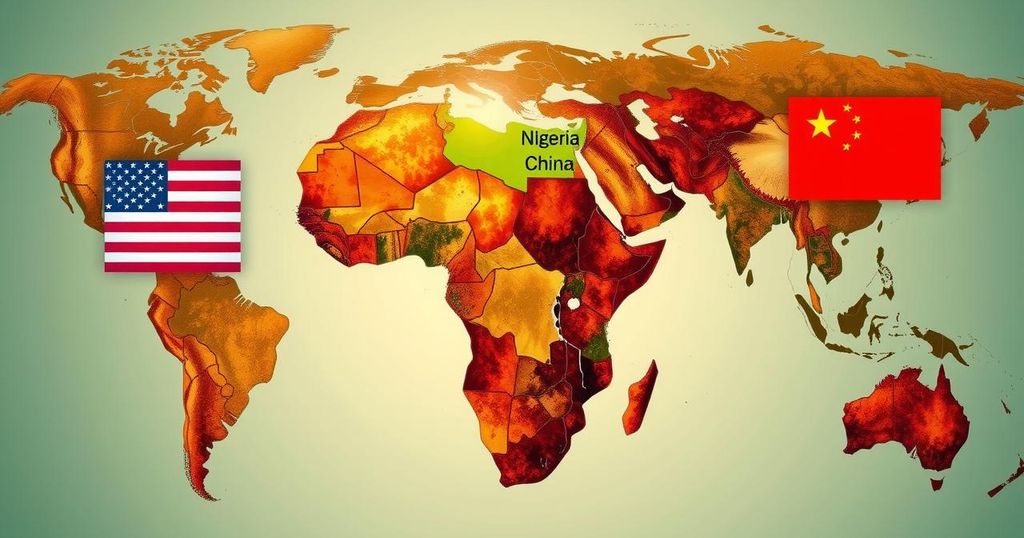Germany is mired in a political crisis as Chancellor Olaf Scholz loses a vote of confidence, leading to early elections on February 23, 2024. The Bundestag debate showcased unprecedented personal attacks among leaders, highlighting the severe economic challenges facing the nation, particularly in the automotive sector. Meanwhile, extremist parties gain traction, raising concerns about the stability of German democracy and its geopolitical role as Europe faces significant pressures.
Germany finds itself in a precarious situation with political turmoil overshadowing the economic challenges it faces. The recent Bundestag session devolved into a heated exchange among political leaders, culminating in Chancellor Olaf Scholz losing a confidence vote. With early elections set for February 23, 2024, the atmosphere is charged with uncertainty as both the ruling coalition and opposition engage in unprecedented personal attacks, exemplifying the current strain on German democracy. Scholz’s remarks towards his coalition partners and the retaliatory comments from opposition leader Friedrich Merz underscore a growing polarisation within the political landscape, reflecting a nation grappling with severe economic declines, notably in its crucial automotive sector. The impending elections, originally scheduled for September 2025, highlight critical constraints as rising extremist parties challenge the political status quo, exacerbating the urgency for a unified response amidst external geopolitical pressures, including increasing tensions with the United States under a potential return of the Trump administration. Despite these challenges, the north-eastern region of Europe, led by smaller nations, is emerging as a key actor in European security matters, indicating a shift in regional power dynamics. The Christian Democratic Union, poised as a major political player, must confront its legacy of governance and engage constructively with opposition parties to restore public confidence in a faltering democratic system.
The current political landscape in Germany is marked by instability, epitomised by recent events in the Bundestag. Following an intense debate that resulted in a vote of confidence loss for Chancellor Olaf Scholz, early elections have been called for February 2024. This shift comes at a time when Germany is facing a significant economic crisis, compounded by high energy costs and the fallout from global market pressures, especially from China. Furthermore, the rise of extremist parties complicates the political environment, reflecting broader European challenges and shifting alliances. Topics such as military spending, infrastructure investment, and national economic policies are significant as Germany prepares for crucial elections amid competing internal and external pressures.
In conclusion, Germany’s political turmoil and economic challenges present a critical juncture for its democracy. The approaching elections are not merely a reflection of dissatisfaction with the current administration but a pivotal moment for the entire political system. With the rise of extremist factions and heightened geopolitical tensions, it is imperative that Germany’s political leaders seek common ground to navigate the complexities of governance and reaffirm public trust. The future stability of Germany and its role within Europe may very well hinge on the decisions made in the immediate weeks ahead.
Original Source: www.theguardian.com




